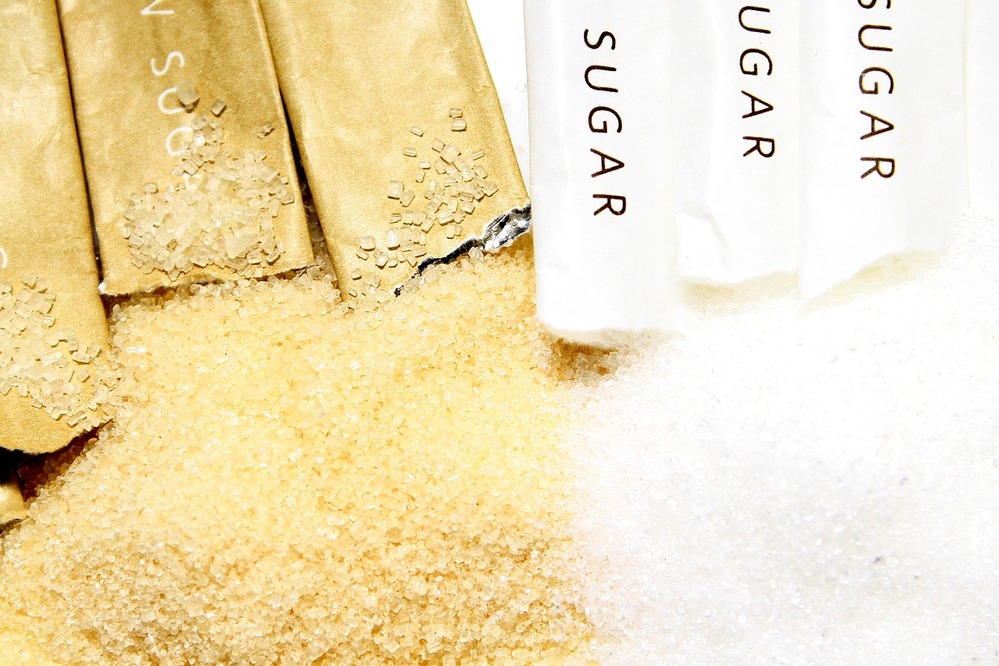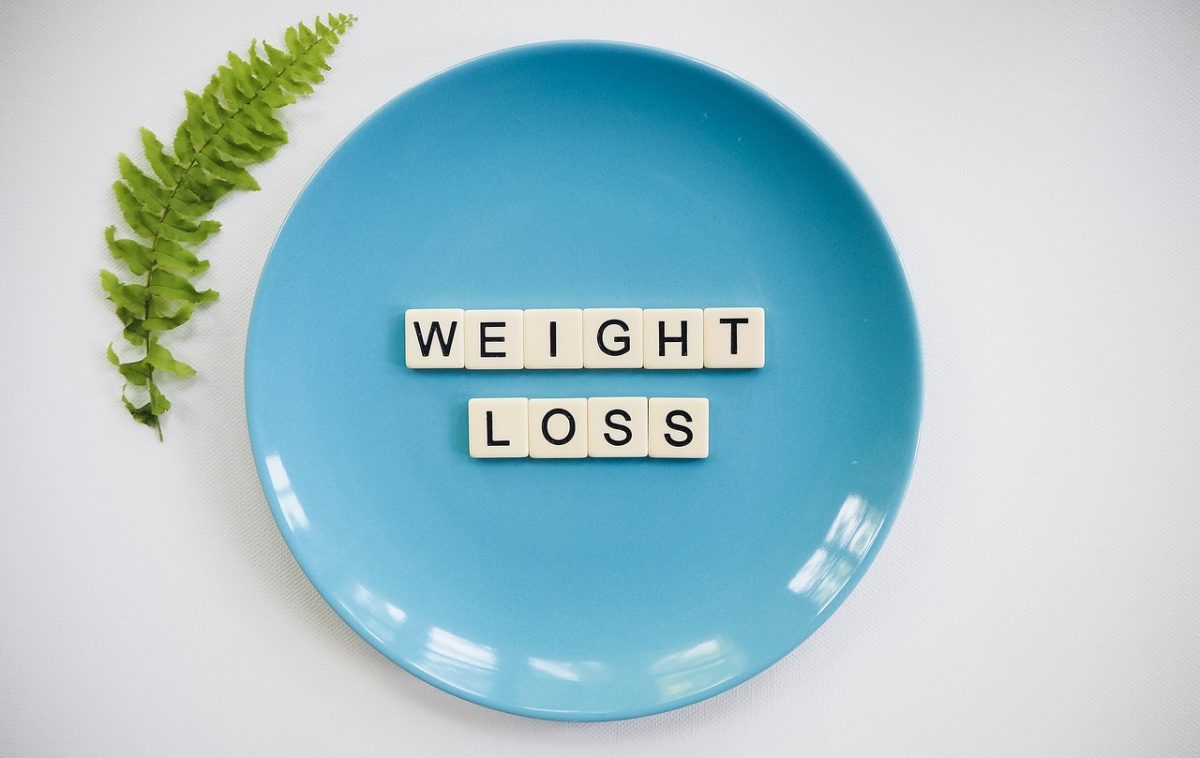Sugar is undeniably a delightful and tempting treat that many of us find hard to resist. Its widespread use in various foods and beverages stems from its ability to enhance sweetness and pleasure in our taste buds. However, while artificial sweeteners may seem innocent in small amounts, excessive consumption over the long run can adversely affect our bodies.
High sugar intake significantly impacts overall health, linking diets high in added sugars to obesity, type 2 diabetes, heart disease, and dental disorders. Sugar provides calories without essential nutrients, contributing to an unhealthy energy imbalance and potentially causing weight gain.
Moreover, eating sugary foods causes a rapid rise in blood sugar levels, followed by a sudden drop, which can leave us feeling tired and low on energy. This cycle can impact our overall well-being over time. By being careful about artificial sweeteners and making smart choices, we can enjoy sweet treats in moderation while protecting our long-term health. A balanced diet with proper foods supports our well-being and helps us enjoy our lives more healthily. Understanding the types and uses of sugars is essential as a first step.
Understanding different types of sweeteners: Natural, Artificial, and Sugar Alcohols
Artificial sweeteners make foods and drinks taste sweet, like sugar, but they don’t add many calories. It has become a commonly used alternative for those looking to cut down their calories by reducing their sugar intake.
Let’s explore different types of artificial sweeteners and natural sweeteners commonly used.
Artificial Sugar
- Aspartame: Aspartame widely appears in foods without added sugar, such as diet sodas, sugar-free gums, and low-calorie desserts.
- Acesulfame Potassium (Ace-K): Ace-K frequently combines with other artificial sweeteners and appears in various foods and drinks, including desserts and soft drinks.
- Saccharin: Saccharin, the original artificial sweetener, is frequently present in top sweeteners and a variety of foods.
- Sucralose: Because of its heat-stability properties, people use Sucrose in baking and cooking. It is found in sugar-free syrups and baked goods.
- Neotame: Neotame, a newer artificial sweetener, substitutes sugar in many food products.
- Advantame: Like Neotame, Advantame is a high-profile sweetener in various foods and beverages.
Natural Sweeteners
- Stevia: Stevia is gathered from the leaves of the Stevia Rebaudiana plant, also known as Candyleaf. It has an intense sweetness, with some forms potentially having bitter aftertaste.
- Monk Fruit Extract: Monk fruit extract’s intense sweetness, which is up to 250 times sweeter than sugar, often prompts blending with another sweetener to balance its potent flavour.
Sugar Alcohols
- Xylitol: Found in many fruits and vegetables, it has a sweetness similar to sugar but fewer calories. It is frequently found in dental products, including sugar-free gum.
- Sorbitol: Occurs naturally in fruits but is usually commercially produced from glucose. It is nearly half as sweet as sugar.
- Erythritol: Erythritol is a sugar alcohol which exists naturally in several fruits. It offers sweetness that is equivalent to sugar but has fewer calories.
Natural Sugar Substitutes
- Agave Nectar: Derived from the agave plant, it is sweeter than sugar, but its fructose content can be a concern in excessive consumption.
- Maple Syrup: It is made from maple tree sap and has more natural minerals than refined sugar.
- Honey: Honey, created by bees from flower nectar, serves widely as a natural sweetener abundant in antioxidants, vitamins, and minerals.
Why is there such a fuss about consuming too much sugar?
Consuming excessive sugar, particularly from added sources, is linked to significant health concerns. A high daily intake of sugar increases the risk of obesity, cavities, type 2 diabetes, and cardiovascular disease. Some experts argue that added sugars may contribute to excessive calorie intake without supplying essential nutrients, further exacerbating their negative impact on health.
Is artificial sweetener good for your health? Let us understand.
Artificial sweeteners have become more popular because they are a calorie-free or low-calorie alternative to sugar, which appeals to people concerned about their weight or blood sugar levels. However, their usage has sparked debates due to conflicting studies on their potential health effects. Artificial sweeteners cause worry amongst those concerned about their health as some research indicates a connection between their consumption and an increased risk of obesity, type 2 diabetes and cardiovascular disease.
It’s important to remember that using only artificial sweeteners may not encourage healthy eating habits overall. Choosing foods and drinks sweetened with artificial sweeteners might not satisfy as much as whole, nutrient-rich foods with natural sugars. Also, some people may find that using artificial sweeteners increases their craving for sweet foods, leading to more consumption overall.
What could be the healthier approach?
Choosing natural sugars from fruits over artificial sweeteners offers health benefits and is a healthier way to sweeten your diet. Here are some compelling reasons top healthcare professionals suggest opting for natural sugar:
- Nutrient Content: Fruits provide essential fibre, vitamins, minerals, and natural sugars that support overall health. Fruits provide nutrients unlike artificial sweeteners, which lack nutritional value.
- Slow Release of Sugar: Fruits include both natural sugars and dietary fibre, which slows the rate at which sugar enters the system. This slow release produces a more constant and durable energy source by preventing abrupt rises in blood sugar levels. On the other hand, artificial sweeteners and processed sugars can lead to rapid spikes and crashes in blood sugar levels.
- Reduced Caloric Density: Most fruits are low in calories, making them ideal for weight loss or reducing daily caloric intake. Unlike artificial sweeteners, fruits offer satiety and nutrients, potentially curbing excess calorie intake.
- Natural Sweetness without Additives: Fruits offer a natural sweetness without additives or chemical processing. Some individuals may experience sensitivities or adverse reactions to artificial sweeteners, which scientists create as synthetic compounds in laboratories.
- Antioxidant Properties: Antioxidants, which help fight oxidative stress and lower the risk of chronic diseases, are abundant in many fruits. These advantageous antioxidant qualities are absent from artificial sweeteners. Versatility and
- Flavour: Fruits come in various flavours and textures, making them a versatile and delicious addition to your diet. Fresh, dried, or even as part of savoury dishes, you can enjoy them, adding a burst of natural sweetness to your meals.. On the other hand, artificial sweeteners may have a distinct aftertaste that some people find less appealing.
- Sustainable and Environmentally Friendly: Opting for fruits as a natural sweetener supports sustainable agriculture and reduces the environmental impact of producing and disposing of artificial sweeteners.
In summary, choosing natural sugars from fruits over artificial sweeteners provides numerous health benefits, including essential nutrients, stable blood sugar levels, and support for gut health. Fruits offer a more wholesome and well-rounded approach to satisfying sweet cravings while contributing to a balanced and nutritious diet. By prioritizing whole, unprocessed foods and embracing the natural sweetness of fruits, you can enjoy a healthier relationship with sugar and support your overall well-being. Reducing sugar intake with time can also be a more sustainable approach. Satisfying sweet cravings with naturally sweet foods or choosing healthier treats can help curb excessive sugar consumption. Additionally, being aware of portion sizes and not using sugar as a reward or coping mechanism can help break the cycle of sugar dependency. If you are going for any dietary changes, it’s always a good idea to consult Track Your Max for personalized advice.











